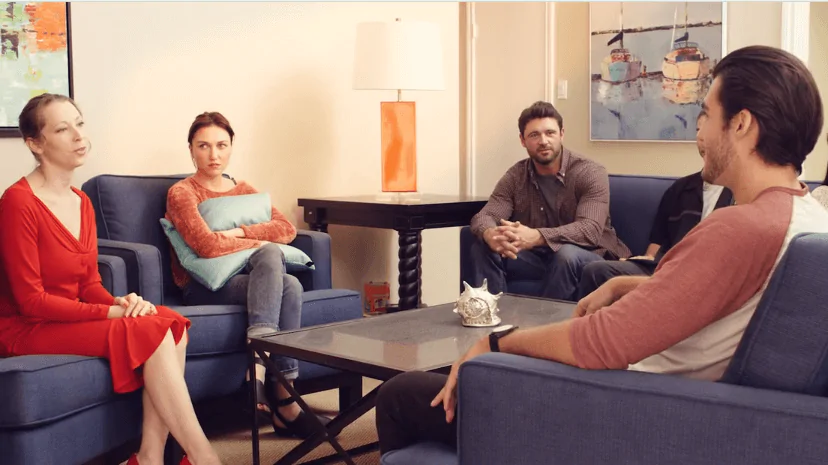24/7 Helpline:
(866) 899-221924/7 Helpline:
(866) 899-2219
Learn more about Residential Rehab centers in Pine County
Residential Rehab in Other Counties

Other Insurance Options

Lucent
Beacon

Choice Care Network

Evernorth

UMR

BHS | Behavioral Health Systems

Providence

MHNNet Behavioral Health

ComPsych

GEHA

United Health Care

Carleon

CareFirst

Access to Recovery (ATR) Voucher

Group Health Incorporated

EmblemHealth

Self-pay options

Molina Healthcare

Optima

Kaiser Permanente

Meadow Creek
Meridian Meadow Creek is a dual diagnosis drug and alcohol rehab center located in Pine City, MN. Th...

Reach Behavioral Health
Reach Behavioral Health is a public rehab located in Brook Park, Ohio. Reach Behavioral Health speci...







































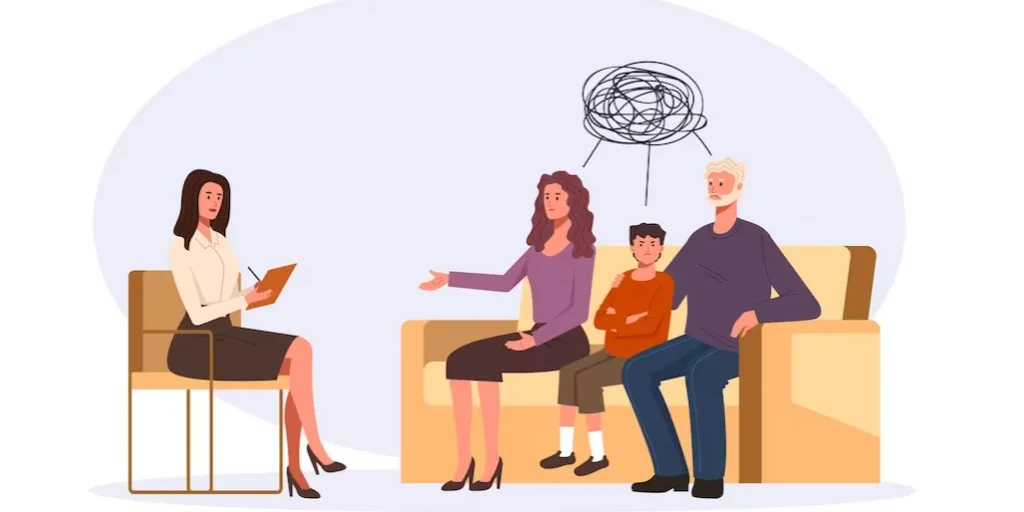

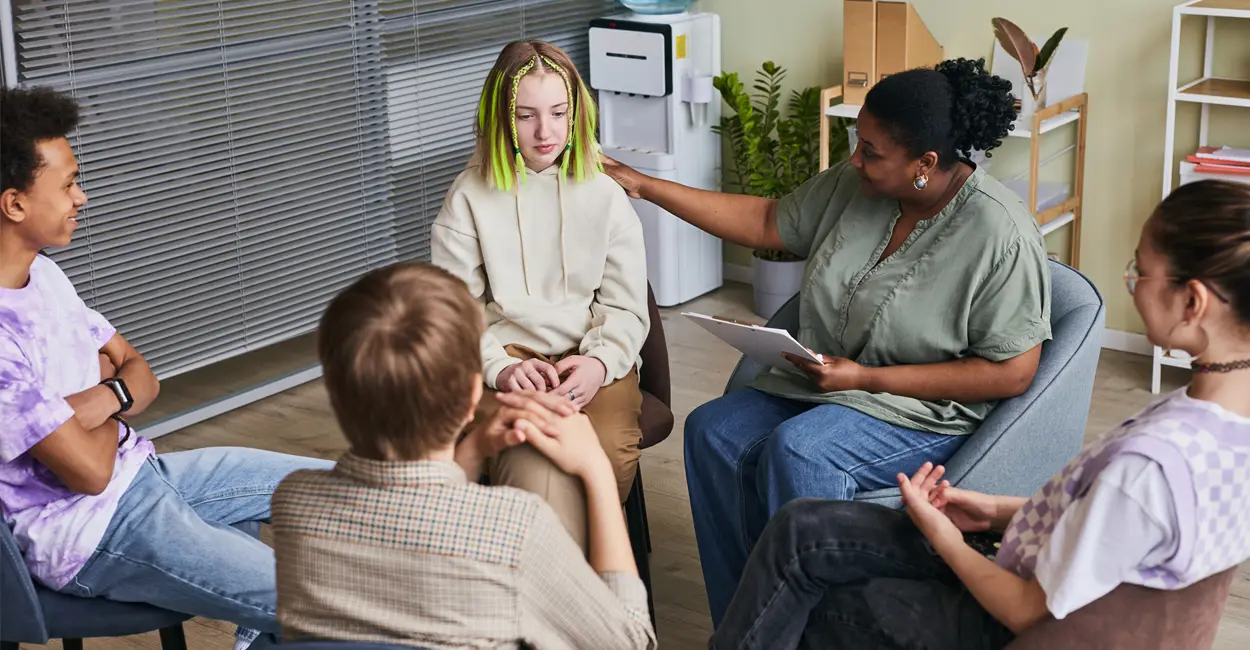






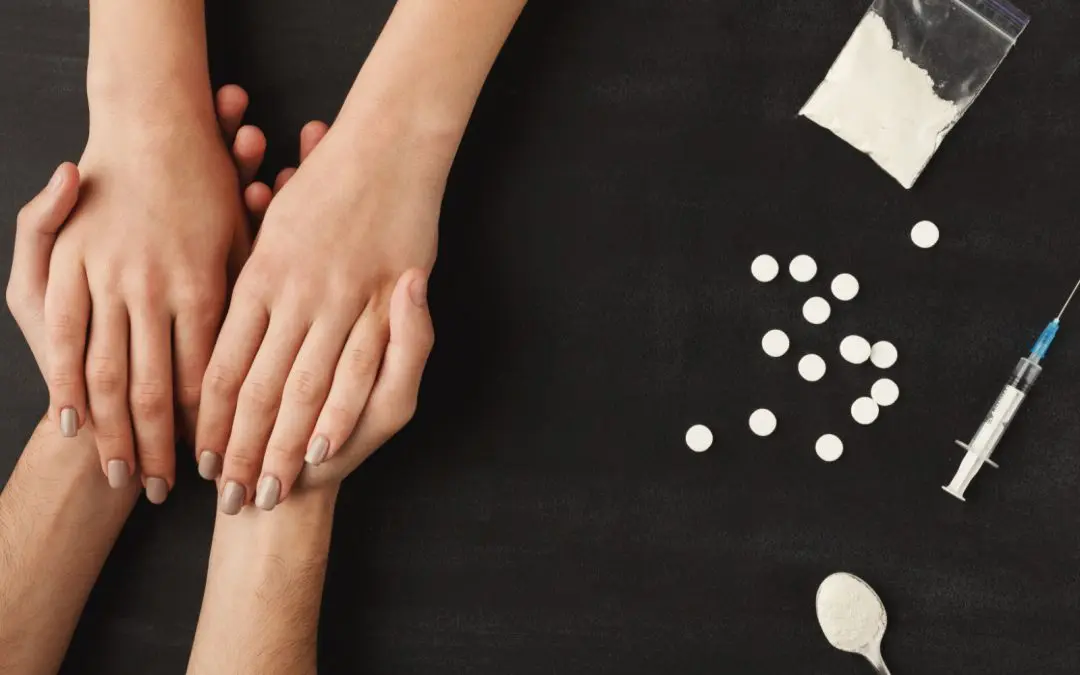






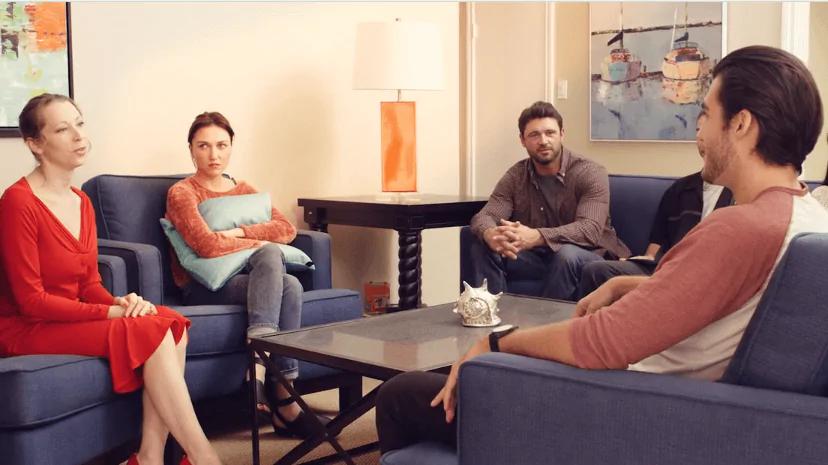


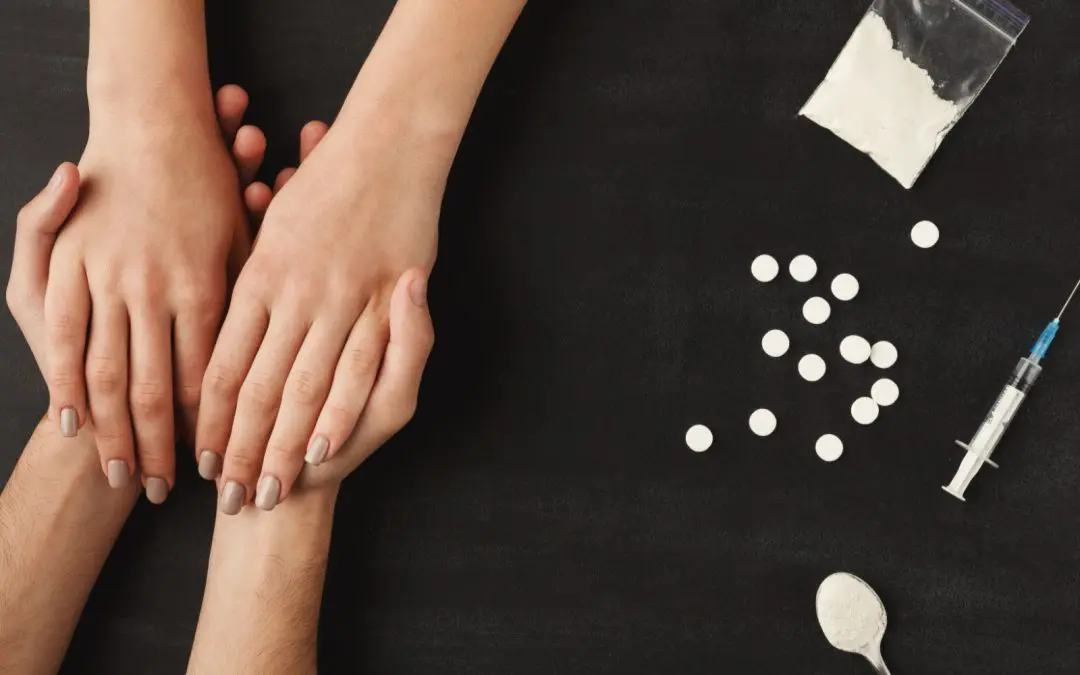


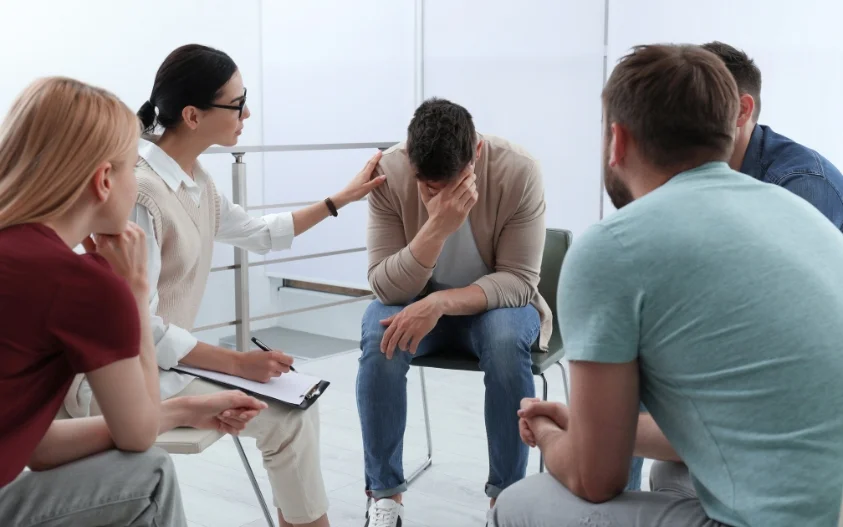
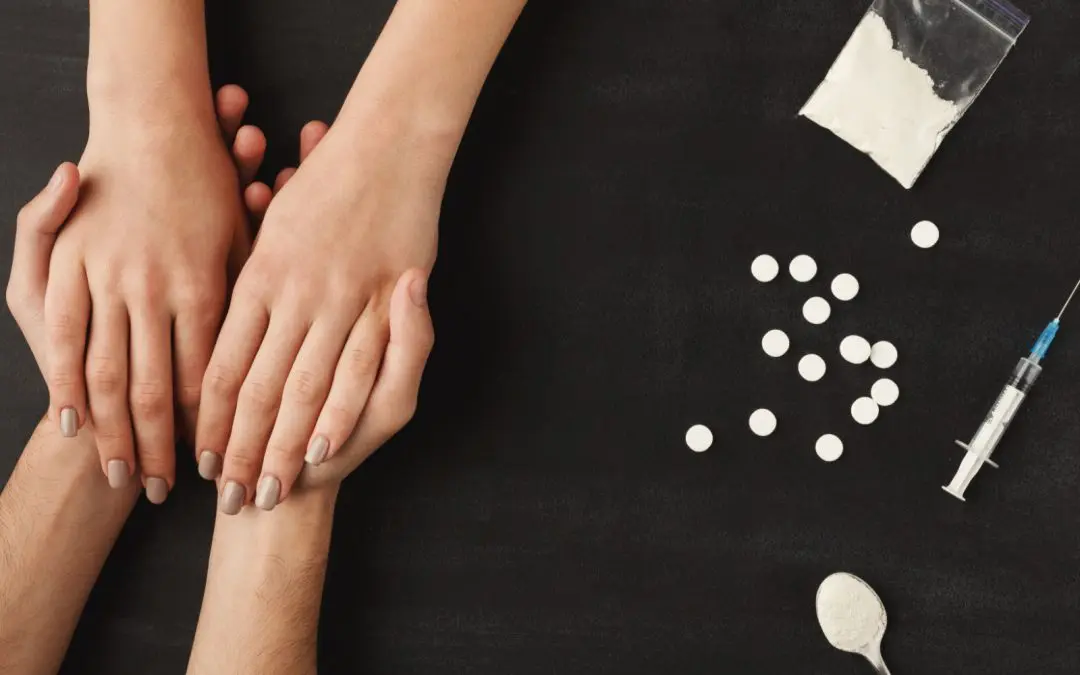


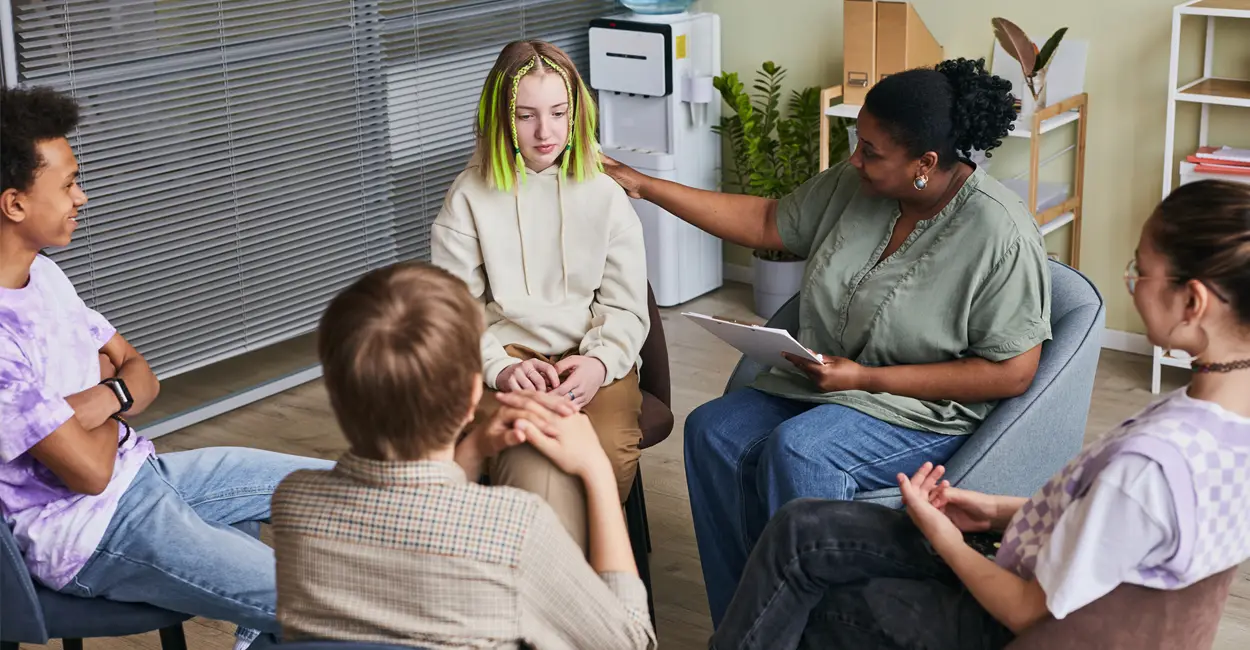
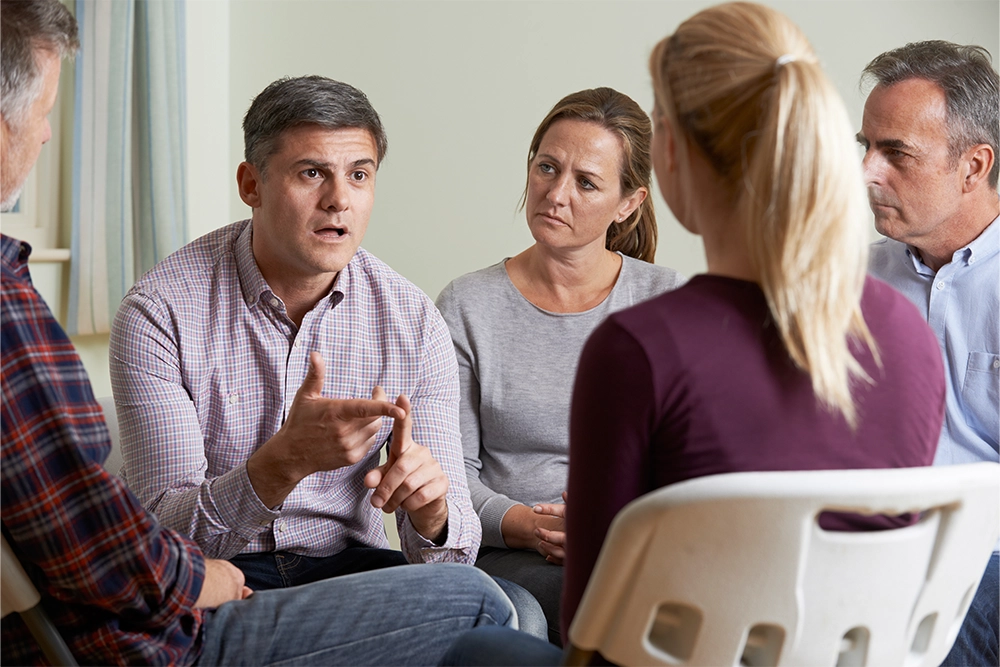


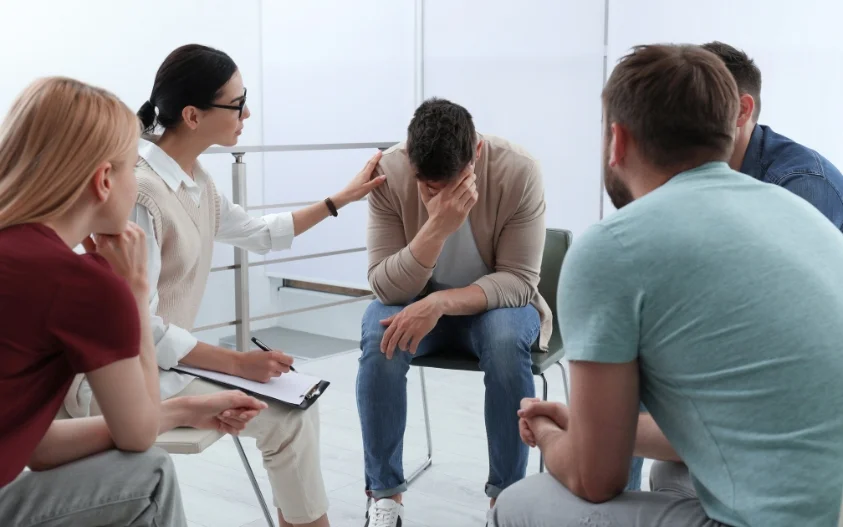












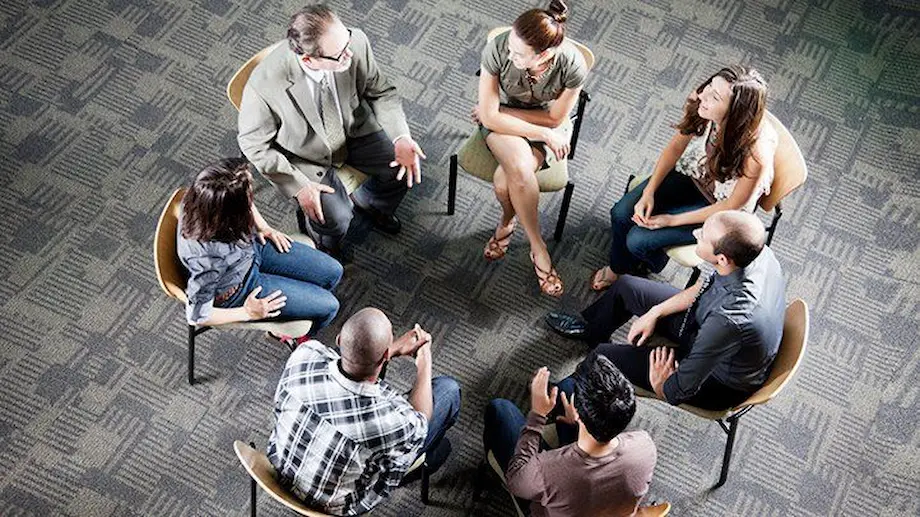








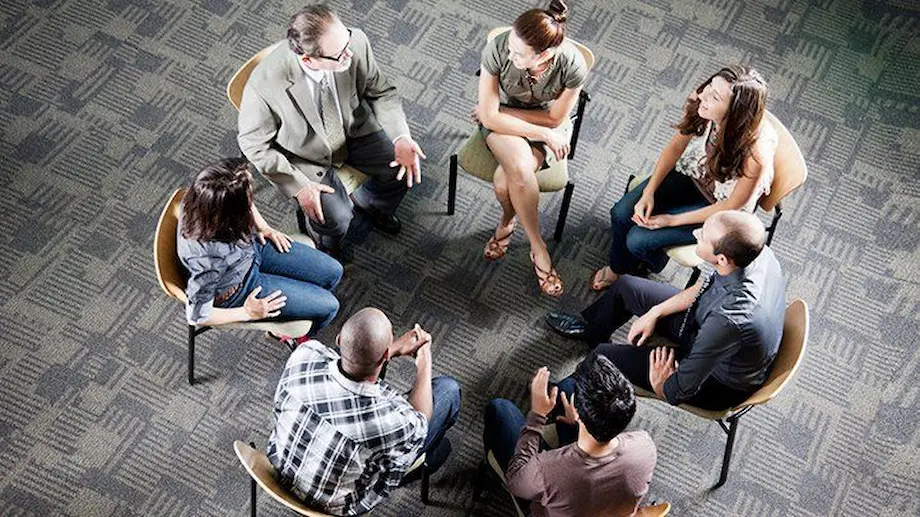









Mille Lacs Band of Ojibwe – Aazhoomog Community Center
Mille Lacs Band Aazhoomog Clinic is a public rehab located in Sandstone, MN. Mille Lacs Band Aazhoom...

Empower Recovery Services
Empower Recovery Services is a private rehab located in Pine City, Minnesota. Empower Recovery Servi...

Options for Families and Youth
Options for Families and Youth is a private rehab located in Brook Park, Ohio. Options for Families ...

The Ed Keating Center – Jean Marie House
The Ed Keating Center is a nonprofit substance abuse organization that was founded in 1998. Jean Mar...

Mental Health and Substance Abuse Association
Mental Health and Substance Abuse Association is a private rehab located in Rock Creek, Ohio. Mental...







































